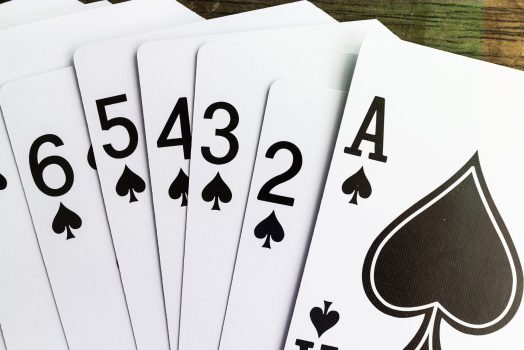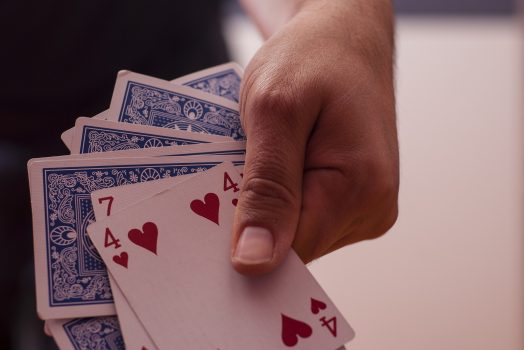Making better decisions and forming supportive relationships will help you fight off the urge to gamble when it comes up, but that’s just part of the process. You can do this when you get the desire to play.
Try not to stay alone. Check out a meeting of Gamblers Anonymous. You can also call a trusted friend.
Put off your gambling until a better time. For 5 minutes, 15 minutes, or even an hour, keep track of how long it takes you. For a long time, the desire to gamble may fade away or even disappear.
The consequences of gambling should be taken into account. What if you run out of money and fail again? You’ll feel this.
Go to the gym, watch a movie, or use relaxation techniques to put yourself in a new situation and get over your gambling addiction.
You can help someone addicted to gambling by telling them how you can help them.
Having a gambling problem with a loved one can make the family feel a lot of different ways about it. There is a good chance that you have spent a lot of time and effort trying to keep your family members from gambling or cover up for them. So while your loved one is gambling again, you might be angry and frustrated with them. You might have had enough, too. Your loved one may not have paid back the money they borrowed or took from you or someone else. Some may have sold family heirlooms to pay off debts or take out a joint credit card account.
However, even if family and friends can help people who are compelled or have a problem with gambling, they still have to decide to stop independently. You can’t make someone stop gambling, no matter how hard you try or how heartbreaking it is to see what happens, even if it’s painful to see. As a friend, you can help them if they are suicidal. You can help by encouraging them to get help, supporting them, protecting yourself, and taking any talk about suicide seriously.
Recognizing a Problem with Gambling
The best way to accept yourself is to see yourself as someone you are. Recognizing a problem is the first and most crucial step toward solving it. If you start to feel pain symptoms, you can begin to change how you act right away.
When someone has a gambling addiction, they often have a strong desire to gamble, a lot of thoughts and feelings about gambling, and they keep trying to stop. They feel bad and remorseful after, and they keep trying to stop.
Gambling has a lot of social consequences, like taking time away from work or family life to gamble, lying about or concealing gambling, and borrowing money or stealing to bet, among other things.
Recognize that you made a mistake by gambling, and accept the blame. Problems with relationships, finances, legal issues, job loss, substance abuse, bad health, and mental health issues can all be caused by excessive gambling (such as depression).
How many hours a week do you play games? How often do you spend money you’ve saved up to pay your rent or mortgage, or other bills, on gambling instead of saving it up for these things? Do you play games with credit cards? What do you do with the money you make from a night at the casino when you get home?
List all the bad things that happened because you gambled. Make a list of your victims.
Be aware of the risks of gambling. People who gamble may be more likely to think about the consequences of their actions if they know about the dangers of gambling.
People who gamble too much are more likely to have stress-related disorders, such as depression and a higher risk of taking their own life.
Gambling addiction can make it hard for you to make good decisions and see how your actions will affect you in the long run.



